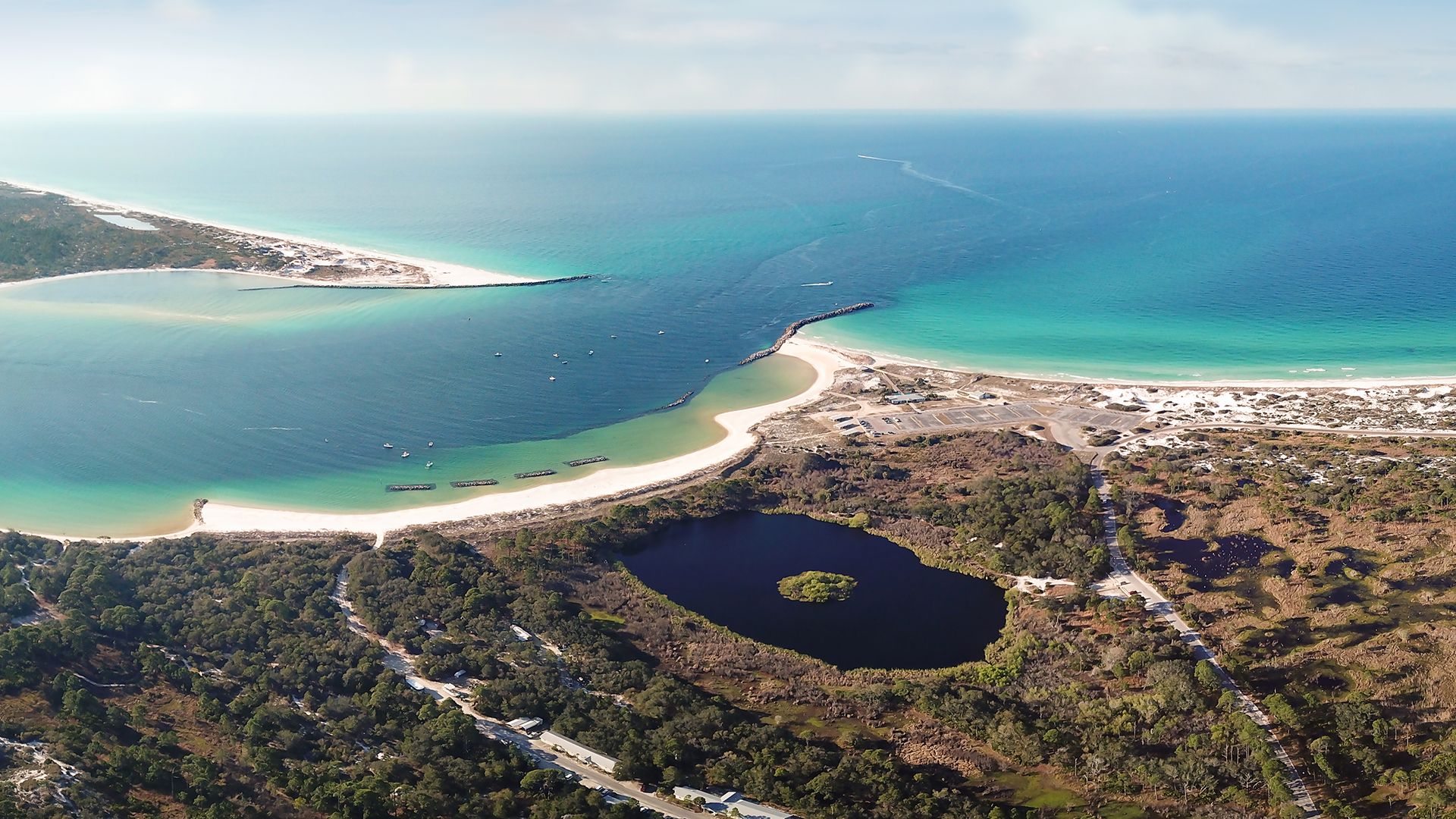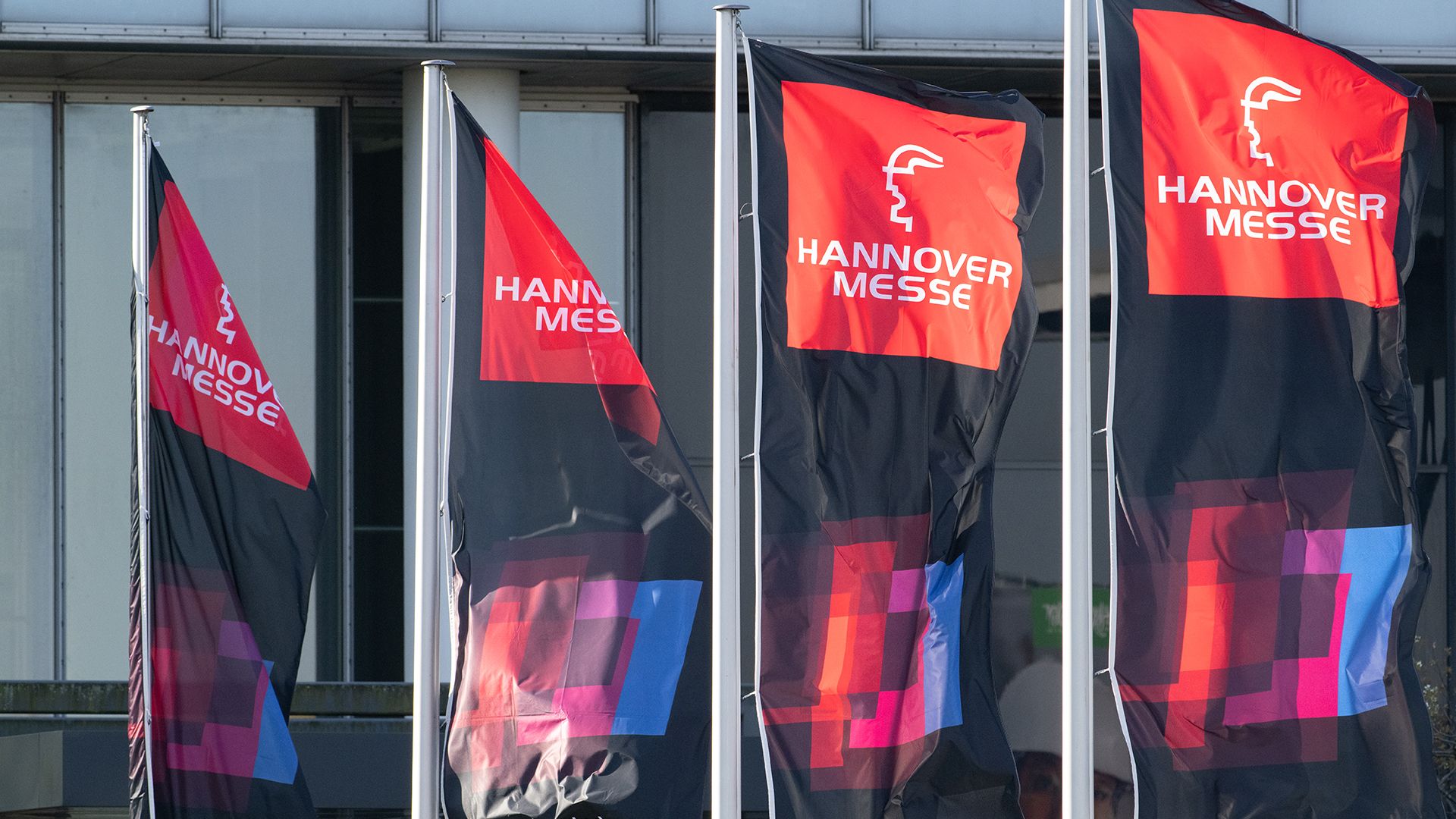Wintershall Dea joins CCS Project Poseidon in the United Kingdom


- The company has acquired a ten per cent stake in British CCS project ’Poseidon’
- Total CO2 storage potential estimated at one gigatonne
- Second UK CCS project for the company, following Camelot licence award
Wintershall Dea has entered a second carbon capture and storage (CCS) project in the United Kingdom. The company joins the ‘Poseidon’ CCS project after acquiring a ten per cent stake in the licence from Carbon Catalyst. The licence was awarded to Perenco and Carbon Catalyst as part of the UK’s first CO2 storage licensing round. Perenco is the designated operator of the project, while Carbon Catalyst and Wintershall Dea will now hold non-operated positions in it.
"We are proud to expand our presence in the country and contribute to the UK's efforts in achieving a net-zero future. Through our involvement in this project, we are further growing our expertise in the CCS field and reconfirming our efforts to decarbonise European industries," said Hugo Dijkgraaf, Chief Technology Officer and Executive Board Member at Wintershall Dea, about the company's growing activities in the UK.
The participation in this CCS licence proves once again Wintershall Dea’s dedication to advancing sustainable solutions in the rapidly growing carbon management sector.
"As an expert E&P company with over 60 years of experience in the North Sea and our growing CCS expertise from projects in Norway and Denmark, Wintershall Dea can contribute valuable subsurface and technical knowledge to this outstanding project,” said Matthias Pfeiffer, Country Lead UK for Carbon Management & Hydrogen at Wintershall Dea. “We are looking forward to working together with our partners Perenco and Carbon Catalyst in order to mature this project in a safe and most efficient way,” Pfeiffer added.
‘Poseidon’ is among the largest CO2 transportation & storage projects in the UK. It is scheduled to be operational by 2029, with a total annual storage capacity of up to 40 million tonnes in its full development stage. It envisages the permanent geological storage of approx. one billion tonnes of CO2. The project is expected to connect a wide range of CO2 emitters across the East and Southeast of England and has the potential to significantly decarbonise the area. The CO2 is planned to be transported via the Perenco-operated Bacton Gas Terminal to the offshore ‘Poseidon’ storage site. The carbon storage licence is located in the UK Southern North Sea, about 65 kilometres off the coast from Bacton in the county of Norfolk. It covers the geological structures of the Leman gas field and offers a combination of depleted reservoirs and saline aquifers suitable for safe and permanent carbon storage.
In total, Wintershall Dea has stakes in five offshore CCS licences in three North Sea countries. Furthermore, with the two projects BlueHyNow and CO2nnectNow, Wintershall Dea contributes to the ENERGY HUB Wilhelmshaven on the German North Sea coast. Together with Equinor, the company plans to develop the NOR-GE pipeline to connect continental European industry clusters and suitable CO2 storage sites in the North Sea. As one of the leading members of the Greensand consortium, in March 2023, together with INEOS Wintershall Dea successfully demonstrated the first full cross-border CCS value chain in Europe. For the pilot injection, first quantities of CO2 from a Belgian emitter were safely stored in the depleted Nini West oil field in the Danish North Sea.
About Wintershall Dea
Wintershall Dea is transforming from the leading European independent gas and oil company to become a leading European independent gas and carbon management company. We have more than 120 years of experience as an operator and project partner along the entire E&P value chain. The company with German roots and headquarters in Kassel and Hamburg explores for and produces gas and oil in 11 countries worldwide in an efficient and responsible manner. With activities in Europe, Latin America and the MENA region (Middle East & North Africa), Wintershall Dea has a global upstream portfolio and, with its participation in natural gas transport, is also active in the midstream business. And we develop carbon management and low carbon hydrogen projects to contribute to climate goals and secure energy supplies. More in our Annual Report.
As a European gas and oil company, we support the EU's 2050 carbon neutrality target. As our contribution we have set ourselves ambitious targets: We want to be net zero across our entire upstream operations – both operated and non-operated – by 2030. This includes Scope 1 (direct) and Scope 2 (indirect) greenhouse gas emissions on an equity share basis. Wintershall Dea will also bring its methane emissions intensity below 0.1 per cent by 2025. We endorsed the World Bank’s Initiative ‘Zero Routine Flaring by 2030’ and continue to support the initiative aimed at eliminating routine flaring in operated assets by 2030. In addition, we plan to support global decarbonisation efforts by building up a carbon management and hydrogen business to potentially abate 20-30 million tonnes of CO2 per annum by 2040. You can find more about this in our Sustainability Report.
Wintershall Dea was formed from the merger of Wintershall Holding GmbH and DEA Deutsche Erdoel AG, in 2019. Today, the company employs more than 2,000 people worldwide from almost 60 nations.

